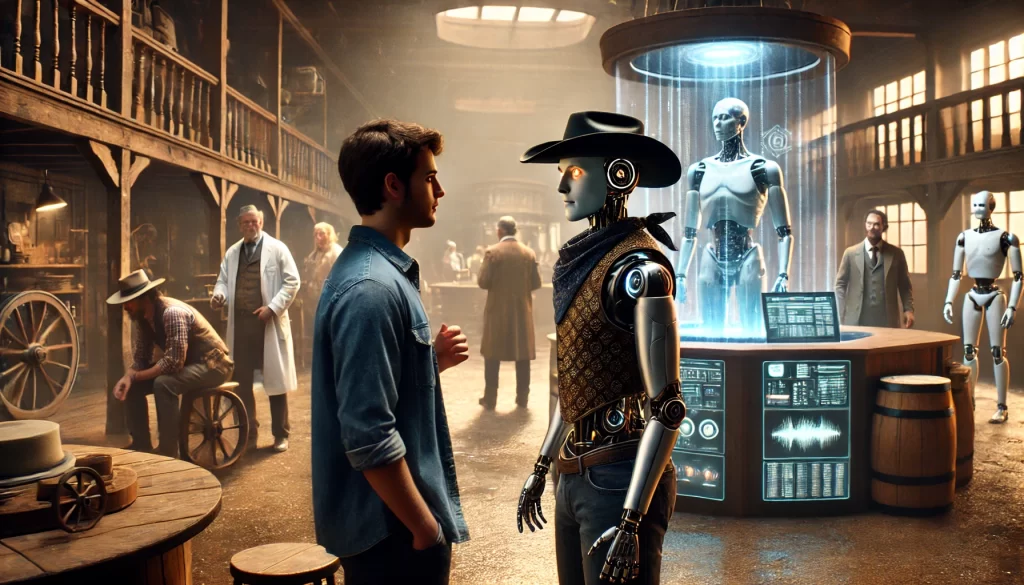Exploring the Limits of AI: Why ‘Westworld’ Robots Can’t Truly Be Conscious
In the article “‘Westworld’ Premise Refuted: Why the Robots Can’t Be Conscious,” philosopher John Searle critiques the notion that the androids in HBO’s “Westworld” could achieve human-like consciousness. Searle argues that mere computational processes are insufficient for genuine thought, emphasizing that consciousness is a biological phenomenon arising from specific brain functions. He contends that, despite the show’s portrayal of robots gaining awareness, such a scenario remains implausible within our current understanding of consciousness.
The series references Julian Jaynes’ “bicameral mind” theory, suggesting that programming this model into robots could “bootstrap consciousness.” Searle dismisses this idea, asserting that symbol manipulation inherent in computer programs cannot replicate the subjective experiences characteristic of human consciousness. He likens consciousness to processes like photosynthesis or digestion—biological functions that cannot be replicated through computation alone.
While acknowledging the fictional nature of “Westworld,” Searle’s critique highlights the limitations of artificial intelligence in replicating human consciousness. His perspective underscores the distinction between simulating intelligent behavior and experiencing subjective awareness, suggesting that the latter remains exclusive to biological entities.
Key Takeaways:
- Consciousness is a biological phenomenon that cannot be replicated solely through computational processes.
- The “bicameral mind” theory, as applied in “Westworld,” does not provide a viable pathway to artificial consciousness.
- Simulating intelligent behavior in robots does not equate to them possessing subjective experiences or true consciousness.
“Computation is never sufficient for a thought,”
John Searle, University of California at Berkeley professor and leading philosopher of the mind, said.
More details: here
~Comments always welcome…
Reference:
- TheWrap.com (website)


Leave a Reply